Table of Content
Blog Summary:
This post is the right place to explore some of the top Cloud Computing Tools along with their pros and cons. We have also discussed here the use cases and the best practices you can implement to get the most of cloud computing tools to transform your business. Let’s go through the entire post to understand everything in-depth.
Table of Content
Cloud computing technologies are essential to run a successful business successfully, especially in today’s fast-paced technological advancement. Whether you wish to grab endless opportunities for innovations, adapt to the changing marketing conditions, or speed up the software development process, Cloud Computing Tools bring the possibility for everything.
Cloud computing technology has endless potential to grow with its rapid adoption among businesses from multiple sectors. Precedence Research reports that the global cloud computing market is likely to be up to $5,150.92 billion by 2034.
So, you may also be excited to leverage cloud technology, right? For this, you need to select the right tool. Here we have listed out some of the top cloud computing tools you can select based on your needs.
Cloud computing is the delivery of different computing services like processing power, storage, databases, software, and networking. These services are delivered through the Internet. Whether you are an individual or a business, it allows you to access several resources on demand, flexibility, scalability, and cost efficiency.
Cloud computing functions through different models, including Platform as a Service (PaaS), Infrastructure as a Service (IaaS), and Software as a Service (SaaS). Most of the reputed service providers such as Microsoft Azure, AWS, Google Cloud, and more already serve businesses that need it.
Cloud computing services improve everything be it security, collaboration, or disaster recovery. It also minimizes the overall IT infrastructure costs, which makes it necessary for technologically advanced software and modern businesses.
Businesses leverage cloud computing for different purposes, right from data storage to developing innovative software. We have explained here in detail about several use cases of cloud computing:
Cloud storage and data backup are one of the most common use cases of cloud computing. Many individuals and businesses leverage cloud storage services including Dropbox, Google Drive, and Amazon S3 to store data securely and also access it from any location across the globe.
Cloud backup solutions offer full protection of data against hardware failure, accidental loss, cyber threats, and more by backing up information automatically to remote servers.
Cloud computing transformed the way software is developed by letting developers get collaborative and scalable environments. Many platforms such as Google Cloud, Microsoft Azure, AWS, and others provide PaaS, IaaS, and other solutions.
It enables developers to create, test, and implement software smoothly. These services can remove the necessity for highly expensive on-premise hardware. It also speeds up the development cycles and minimizes costs.
When it comes to disaster recovery, it’s one of the major concerns for many businesses. Cloud computing is essential for ensuring business continuity. A cloud-based disaster recovery solution allows the organization to replicate both software and their data for remote cloud servers.
It allows them to recover fast from natural disasters, cyberattacks, system failures, and more. Businesses can use cloud services to reduce downtime and thus maintain operational efficiency during emergencies.
Cloud computing offers an essential infrastructure for big data analytics, especially with the data produced from various sources. A large number of businesses leverage cloud-based analytics platforms such as AWS Redshift, Google Bigquery, Microsoft Azure Synapse, etc.
It helps businesses in processing and also analyzing vast amounts of both unstructured and structured data. These platforms enable businesses to optimize operations, derive important insights, make data-driven decisions, and more.
Cloud computing improves collaboration by allowing smooth file sharing and real-time communication. A large number of tools such as Microsoft 365, Google Workspace, Slack, and others let teams work from multiple locations. It improves both efficiency and productivity.
Whether it is editing files simultaneously, accessing shared documents, or communicating in real-time, employees find it easy to access with cloud computing. It strengthens teamwork and streamlines workflows.
The Internet of Things (IoT) is one of the emerging technologies that rely extensively on cloud computing for various reasons like storage, processing, and analyzing data from different devices. Cloud platforms offer scalable solutions to manage the IoT ecosystem.
Businesses can use these platforms to gather real-time data, analyze devices, and thus automate processes across multiple industries. These industries include manufacturing, healthcare, smart homes, and others.
As mentioned above, many cloud computing tools and platforms offer tailored solutions to businesses to match their specific needs and objectives. Let’s explore some of these tools one by one:
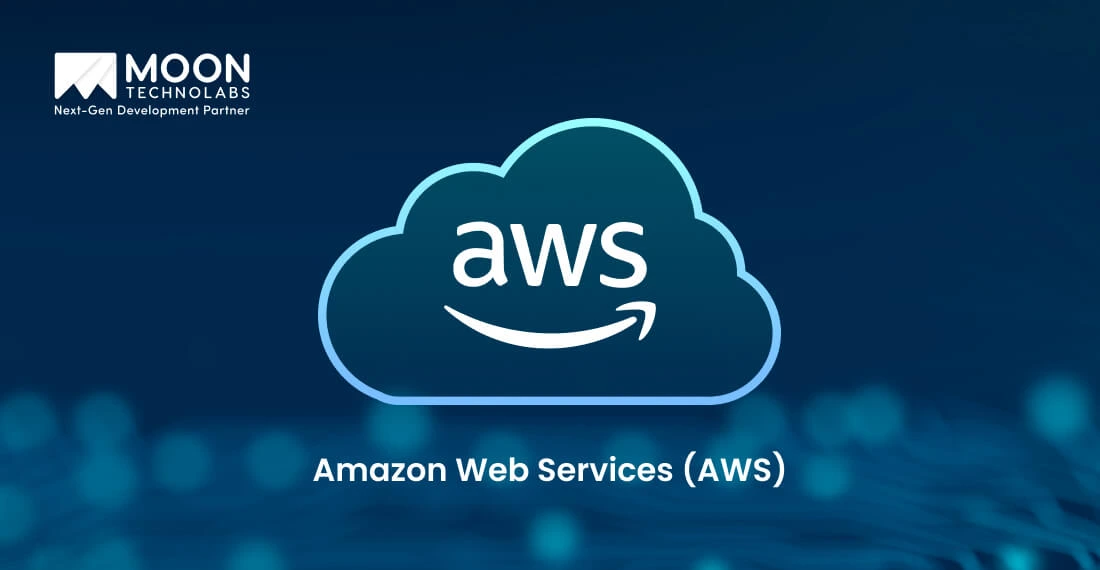
When talking about top cloud computing tools, it’s wise to start with none other than Amazon Web Services, which is the most sought-after name. It offers an array of services like data storage, computing power, machine learning, networking, security, and more.
AWS offers fully flexible and scalable cloud solutions, which makes it the top option of different sizes. It offers the most popular service named Amazon EC2, which is apt for virtual servers. Apart from this, AWS Lambda and Amazon S3 are other popular services.
| Pros and Cons |
|---|
|
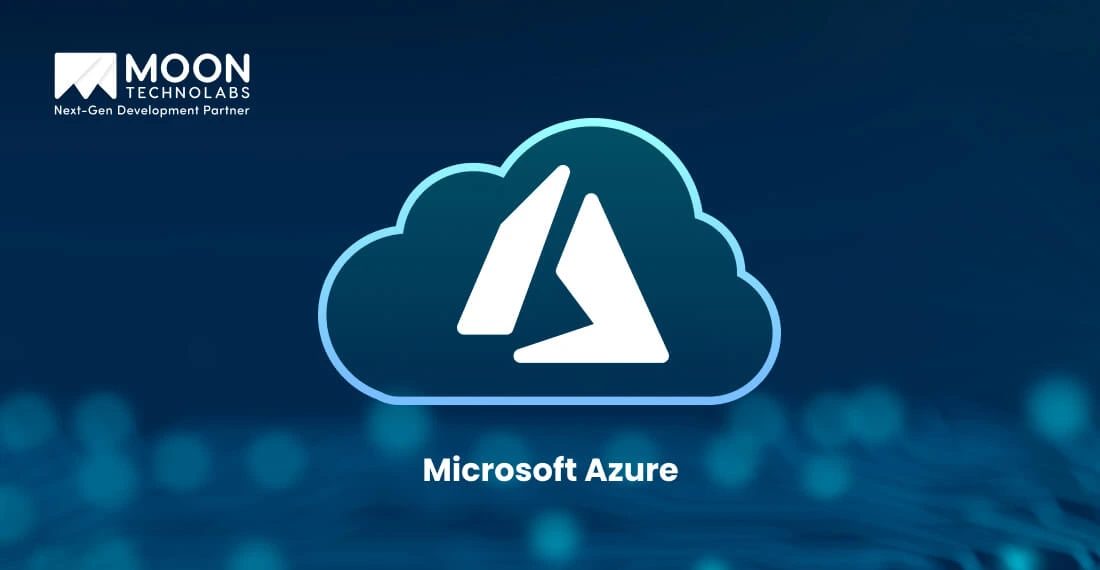
Microsoft Azure is another robust cloud platform that offers more than 200 services such as storage, analytics, AI, computing, and more. One can integrate Microsoft Azure hassle-free with the Microsoft ecosystem, which makes it a perfect choice for enterprises that already leverage Windows-based solutions.
The most important services include Azure DevOps, Azure Virtual Machines, Azure Kubernetes Services, etc. These are the reasons why Microsoft Azure is considered to be a perfect choice for businesses seeking great scalability and compliance.
| Pros and Cons |
|---|
|
 GCP includes robust data analytics, machine learning capabilities, and Artificial Intelligence (AI). Organizations harnessing the potential advantages of Google’s infrastructure can use different services such as BigQuery, Google Kubernetes Engines, and Tensor Flow for AI-based app development.
GCP includes robust data analytics, machine learning capabilities, and Artificial Intelligence (AI). Organizations harnessing the potential advantages of Google’s infrastructure can use different services such as BigQuery, Google Kubernetes Engines, and Tensor Flow for AI-based app development.
It comes with powerful networking capabilities and competitive pricing, which make it a great contender in the cloud market, especially for many data-driven enterprises.
| Pros and Cons |
|---|
|
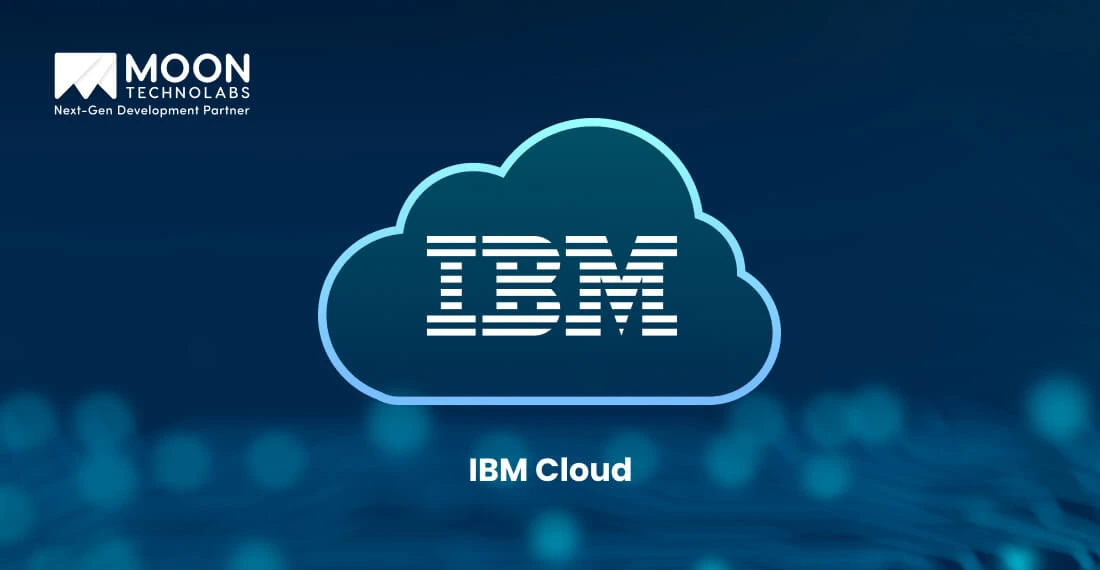
When it comes to IBM Cloud, they offer a great combination of both PaaS and IaaS solutions. That’s why it is the right option for organizations seeking Blockchain and AI integration. It comes with AI-driven Watson Services that allow businesses to implement automation and machine learning into their operations.
IBM Cloud offers powerful hybrid cloud support, which makes it perfect for organizations with complicated IT environments that need both cloud and on-premise solutions.
| Pros and Cons |
|---|
|
Designed mainly for enterprise-grade software, Oracle Cloud Infrastructure (OCI) offers top-performance computing, database management, and AI.
Cloud services by Oracle include Oracle Cloud VMware Solutions, Autonomous Database, Compute Instances, and more. OCI is quite beneficial for businesses looking for dataset solutions, which offer a smooth integration with a higher availability.
| Pros and Cons |
|---|
|
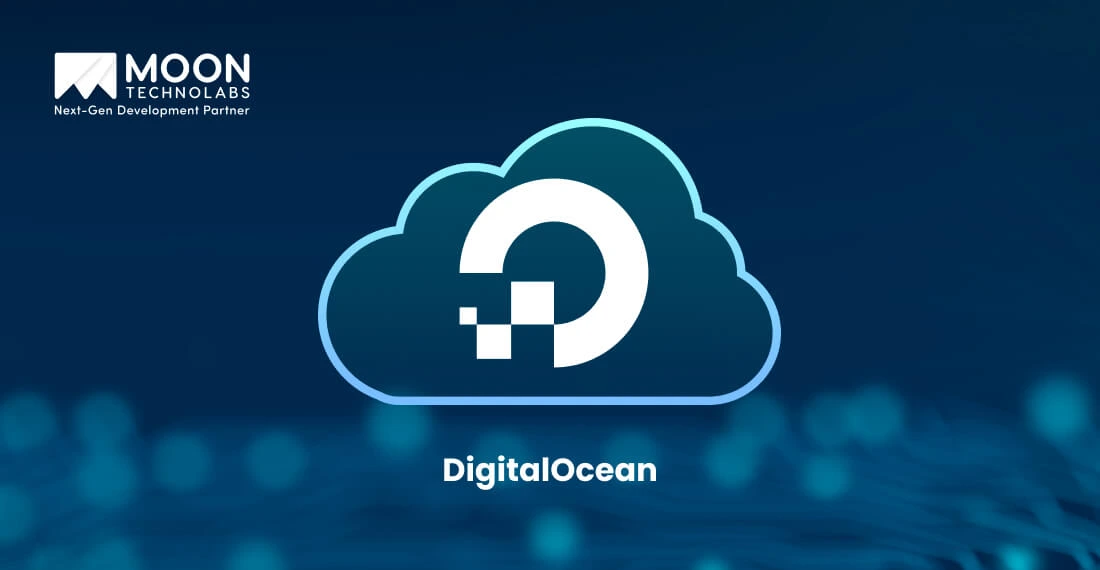
DigitalOcean is a top-notch cloud infrastructure provider and gained vast popularity for its affordability, simplicity, and also developer-friendly environment.
It provides virtual machines called Droplets, managed databases, and also Kubernetes-based container services. It emerged as a perfect choice for many developers and startups seeking a cost-effective and top-performing cloud solution.
| Pros and Cons |
|---|
|
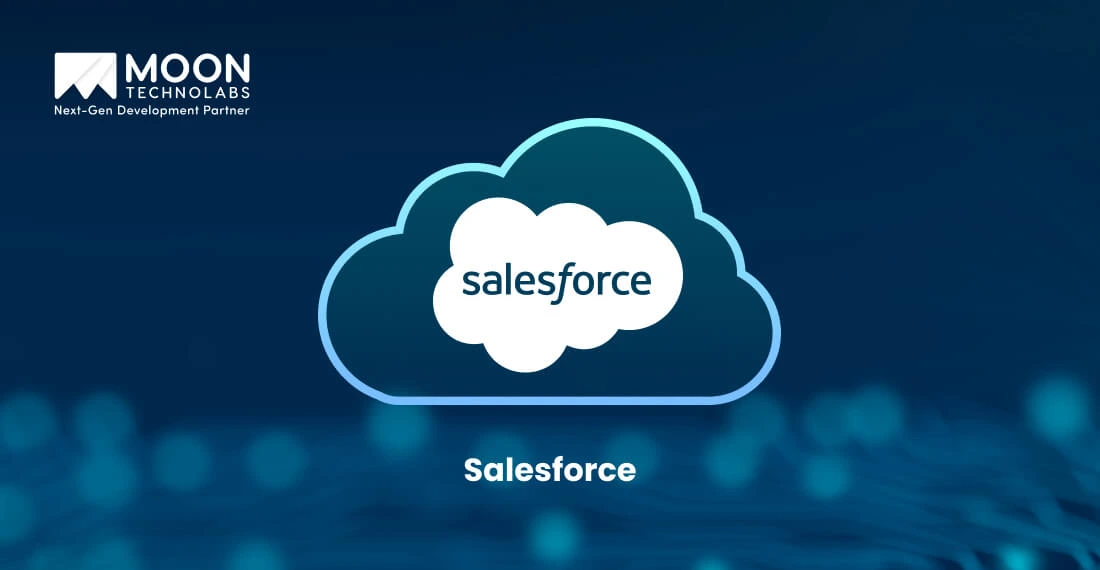
Being a well-known cloud-based CRM platform, Salesforce offers businesses many robust tools for managing customer services, sales, analytics, and marketing automation. It works with a cloud-first approach for organizations to access customer data from any location, which enhances customer engagement and business growth.
| Pros and Cons |
|---|
|
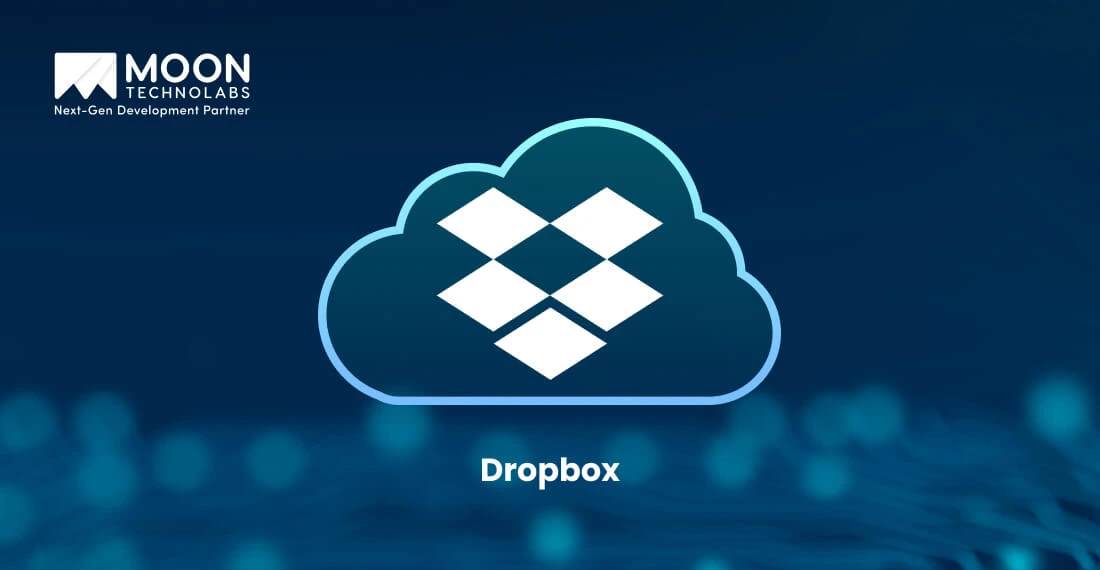
Dropbox is a highly used cloud storage service that allows users to share, store, and collaborate on different files. It provides a smooth integration with various apps and also ensures secure file synchronization across different devices. It’s a perfect solution for both individuals and businesses seeking a trustworthy cloud-based document management system.
| Pros and Cons |
|---|
|
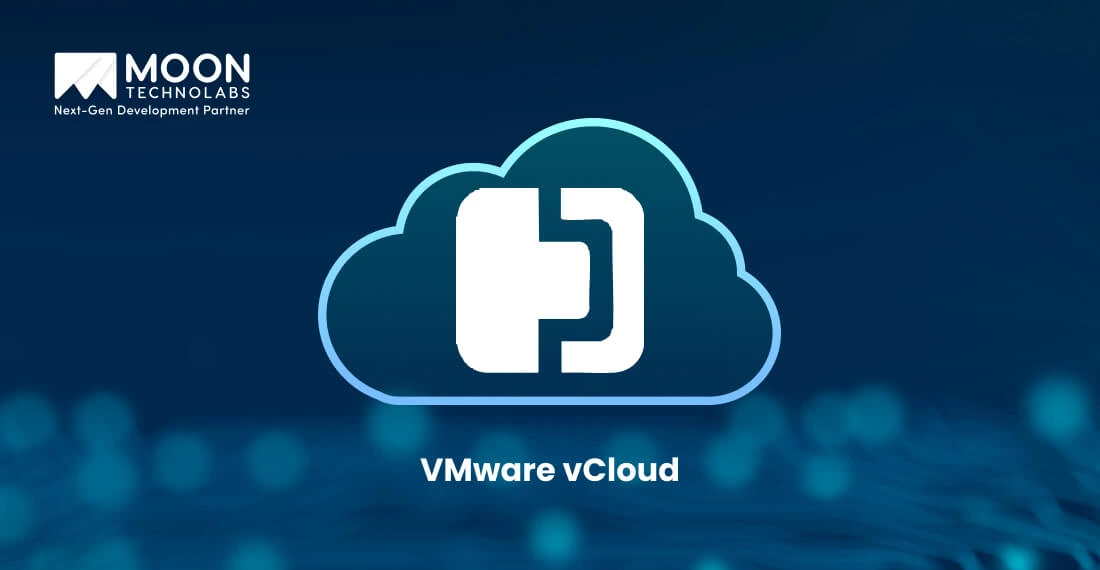
VMware vCloud offers enterprises a powerful cloud computing platform when it comes to managing virtualized data centers. It allows businesses to develop public, private, and hybrid clouds with powerful automation, security, and scalability features. Organizations that look for secure and flexible cloud solutions can go with VMware vCloud.
| Pros and Cons |
|---|
|
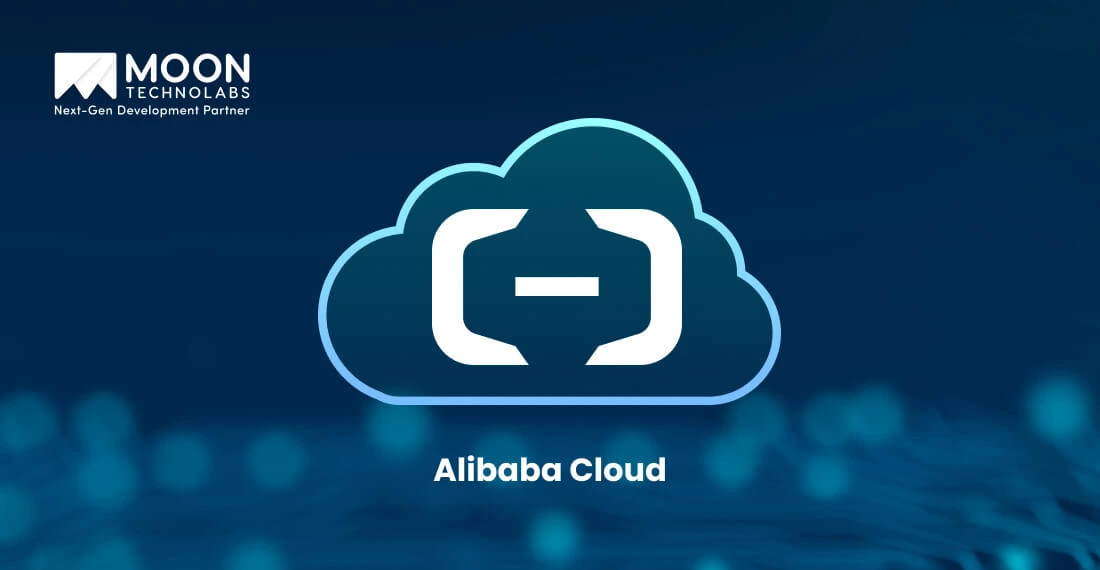
Alibaba Cloud is a top-notch cloud service provider, specifically gaining vast acceptance for providing a range of cloud computing services such as databases, storage, security solutions, and machine learning. It’s a highly scalable solution that makes it the preferred choice for many businesses seeking to expand their horizon in global markets.
| Pros and Cons |
|---|
|
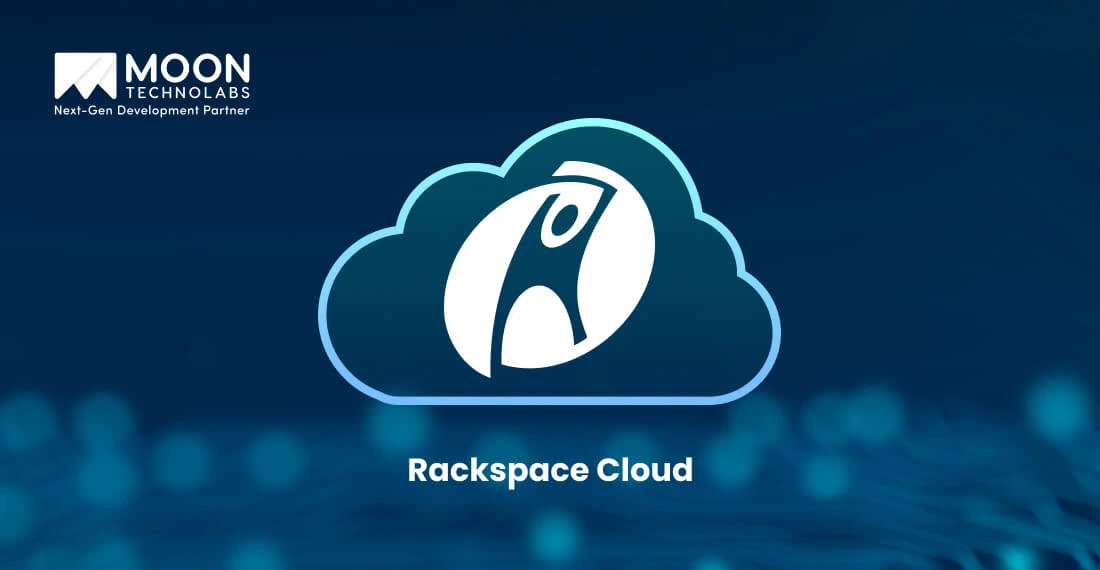
Being a managed cloud service provider, Rackspace Cloud provides multi-cloud solutions such as Microsoft Azure, AWS, Google Cloud, and more.
It serves businesses by offering security, cloud infrastructure, data management services, and more. It lets them focus on their core operations without worrying about infrastructure maintenance.
| Pros and Cons |
|---|
|
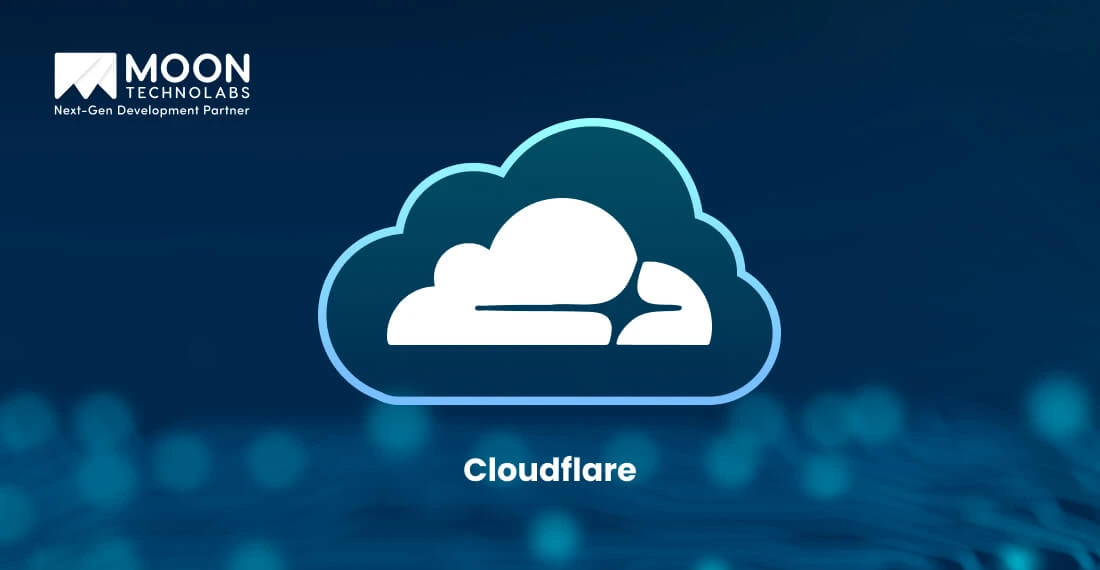
It’s a well-known cloud-powered security and performance platform that prevents websites from potential cyberattacks. Besides, it also works effectively to improve website performance with the help of CDN services, which ensures quick load times. It also offers smooth access to many online apps.
| Pros and Cons |
|---|
|
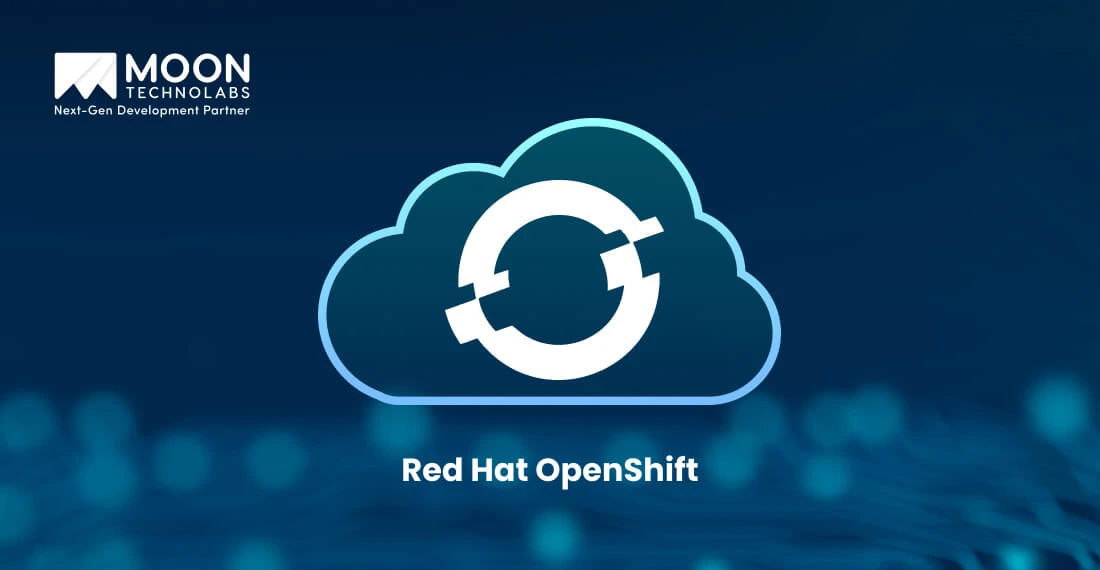
Being a Kubernetes-powered container platform, Red Hat OpenShift is designed to create, implement, and scale various apps.
It has the capability of simplifying app management across multi-cloud and hybrid environments and provides automation, powerful security, and also many developer-friendly tools. It’s popular in use in many enterprises for its unmatched capabilities of container orchestration.
| Pros and Cons |
|---|
|
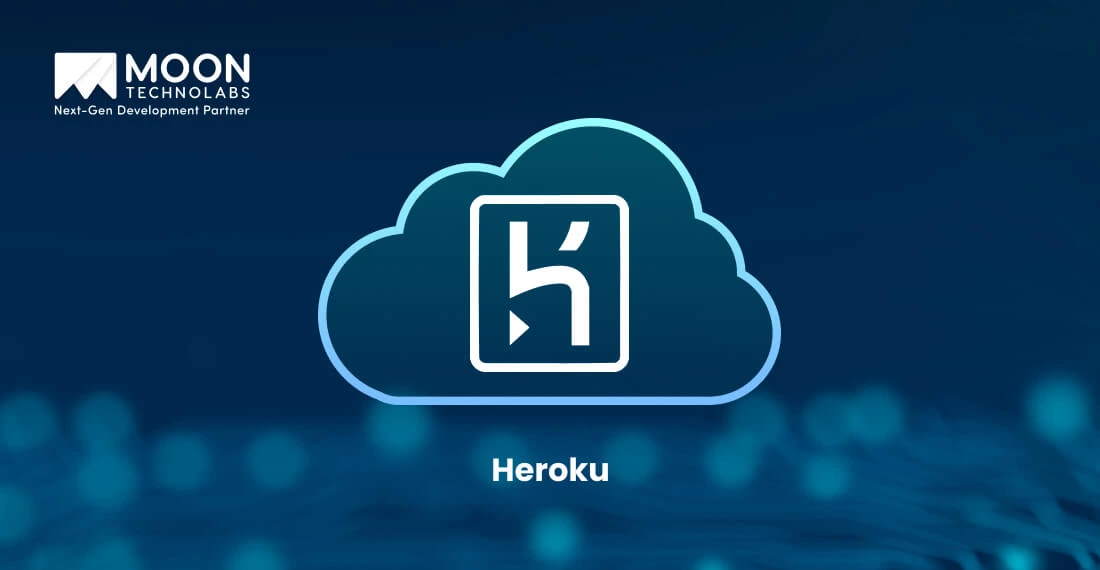
With Heroku, developers find it convenient to deploy, scale, and manage software hassle-free. It offers several programming languages such as Java, Python, and Node.js.
It offers a smooth integration with different development tools, which makes it a perfect choice for many startups and businesses that focus on quick app development.
| Pros and Cons |
|---|
|
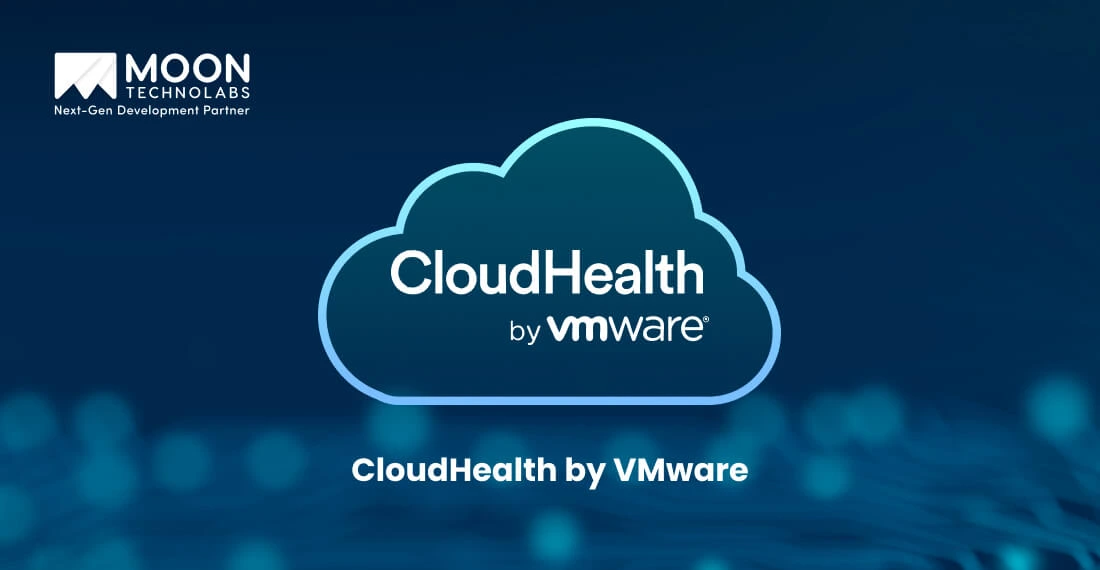
CloudHealth by VMware is a well-known governance and cloud cost management tool that assists businesses when it comes to the optimization of cloud usage and expenditure.
It provides detailed insights for resource allocation, performance monitoring, security compliance, etc. These are the reasons why it’s a necessary tool for many organizations to manage even complicated cloud environments.
| Pros and Cons |
|---|
|
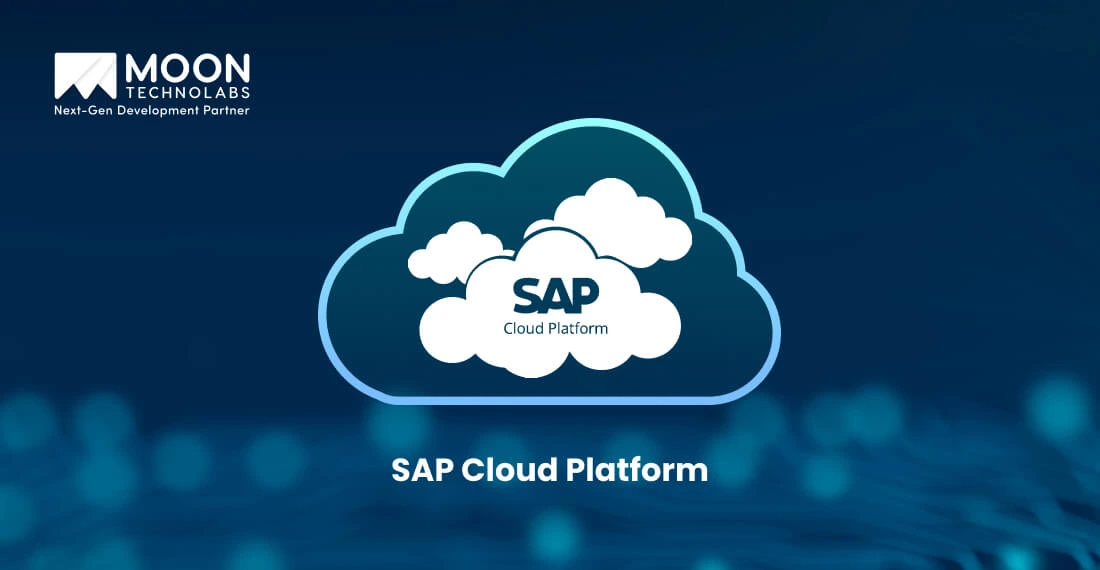
Being an enterprise-grade cloud service, the SAP cloud platform offers integrated solutions for analytics, business apps, Artificial Intelligence, and more. It brings the possibility for smooth connectivity between on-premise and cloud systems and allows businesses to improve productivity and digital transformation.
| Pros and Cons |
|---|
|
To harness the potential advantages of cloud computing, you need to use the top practices. We have discussed some of the best practices that you can implement to leverage this solution the most effectively:
When it comes to security and compliance, these are essential for cloud computing. Businesses should implement powerful security measures including multi-factor authentication, encryption, access controls, etc., for the protection of sensitive and confidential data.
It’s essential to comply with industry regulations like HIPAA, GDPR, and others to avoid any financial and legal risks. It’s advisable to conduct regular security audits to discover and resolve potential threats. Businesses should make a clear policy for data privacy, which lets cloud providers follow necessary compliance requirements.
Cloud services work on a pay-as-you-go model that makes cost optimization necessary. Businesses need to analyze resource usage and remove those of many underutilized services to avoid any unnecessary expenses.
When you implement an auto-scaling mechanism, it ensures a proper allocation with a higher efficiency according to demand and minimizing cost even without compromising its performance. You can minimize cloud expenses by using reserved instances and spot instances.
Cloud computing offers scalability as a major benefit. It helps businesses to manage fluctuations in demand and thus grow properly. You can implement containerization, microservices architecture, serverless computing, and more.
These offer smooth scaling and improved resource utilization. Businesses can improve both reliability and performance. CDNs and load balancing are necessary to optimize performance through the distribution of workloads efficiently.
Automation minimizes any manual effort, boosts operational efficiency, and reduces errors. Businesses need to harness IaC for automating provisioning, deployment of cloud resources, and configuration. You can implement CI/CD pipelines to enhance software delivery and also offer a higher consistency.
Alerting tools and automated monitoring are useful for tracking performance metrics, resolving issues, and detecting anomalies in real time. You can integrate ML and AI to improve predictive analytics and also great decision-making.
Disaster recovery strategy and powerful backup are necessary for business continuity. Any organization needs to implement automated backups and geographically distributed locations to minimize risks related to system failures or data loss.
Cloud-based disaster recovery solutions allow fast recovery with less downtime. Regular testing of recovery plans and backup brings a possibility that they function effectively during cyberattack.
Looking for the right cloud tools to enhance efficiency and scalability? Our experts can help you choose the best solution for your business.
Cloud computing has become indispensable in today’s digital space. It offers everything, be it flexibility, scalability, or cost-efficiency for businesses of different sizes. You can implement the top cloud tools and practices to improve security, boost innovation, and optimize costs.
Being a leading cloud app development company, we are committed to implementing top-rated cloud technologies for smooth operations. With the evolution of technologies, you need to stay versed in emerging tools and trends.
01
02
03
04
Submitting the form below will ensure a prompt response from us.